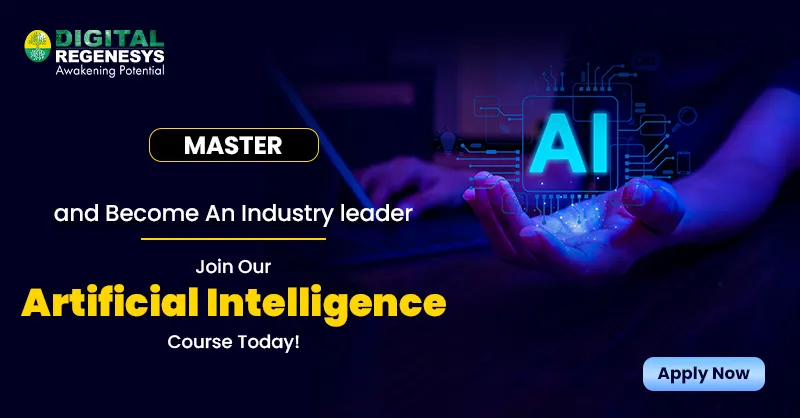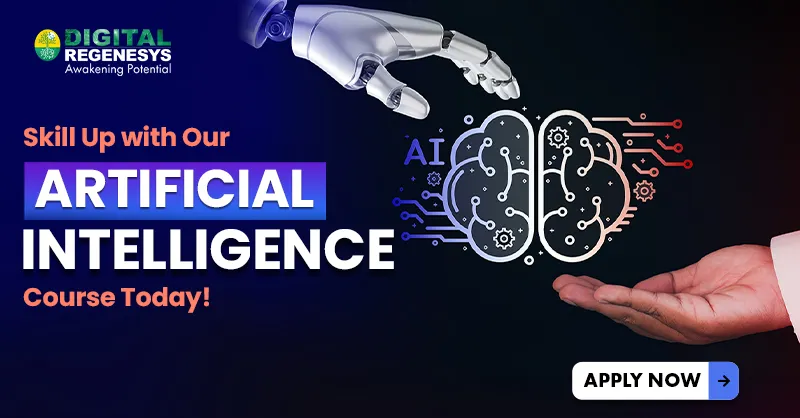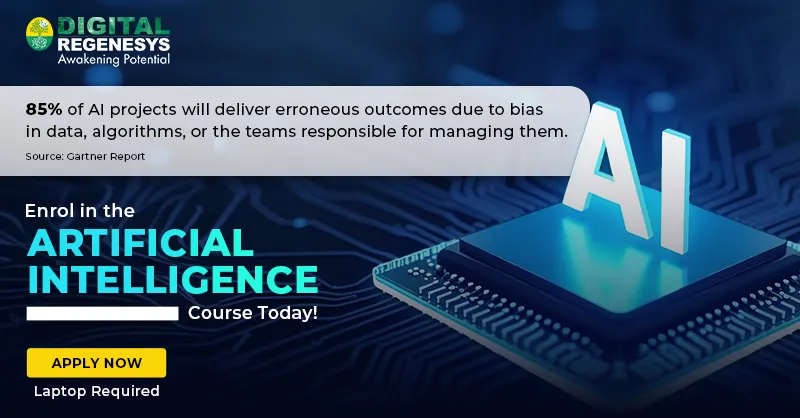10 Generative AI Trends In 2026

Generative AI systems create new content – text, images, code, or designs, based on large amounts of data used to train them. This contrasts with traditional AI, which analyses information and predicts certain outcomes.
From marketing campaigns to business strategies, generative AI is all about creating something utterly new.
It has evolved from being an emerging concept into one that forms an integral part of the operational cores of multiple industries. From customer service-enabling chatbots and content tools to sophisticated data analysis, generative AI has become the core of innovation and productivity across various industries.
In this article, we will explore how generative AI trends in 2026 will be key for professionals and organisations aiming to stay ahead.
Why 2026 is a Key Year?
The year 2026 is considered the defining moment in the evolution of AI. Several factors contribute to its growing importance. Following are a few of them:
- Adoption of responsible AI takes centre stage: Governments and businesses are actively focusing on building an ecosystem that will drive the ethical and transparent application of generative AI.
- Technological progress accelerates: Improvements in computing power, cloud infrastructure, and data processing reshape how generative AI systems are built and deployed.
- Demand for skilled professionals rises: Organisations now seek people who can combine analytical expertise with strategic business understanding to make data-driven decisions.
- AI investments rise in South Africa: Many companies in South Africa are investing heavily in AI-powered tools to boost efficiency, reduce operational costs, and make informed business decisions.
- Education and work evolve together: 2026 will be a very important year in integrating AI, not only into business operations but also into the learning and development of future professionals.
As we look ahead, the following are ten key generative AI trends in 2026 that will shape industries, jobs, and innovation globally.
Explore details on – Understanding Expert Systems in Artificial Intelligence.

Trend 1: Agentic AI Systems
Agentic AI refers to systems capable of acting autonomously to perform the most complex tasks independently. In 2026, AI agents are expected to interact, schedule meetings, research, or analyse reports, unassisted by human intervention.
Multi-agent systems will be utilised within a business context to streamline workflows and reduce employee time. With this, employees can focus on strategic work.
Trend 2: Multimodal AI Becomes the Norm
Generative AI is now driving beyond text. It has expanded to handle multiple forms of data, including images, video, sound, and even sensor inputs. This enables AI to understand and create data across various formats, thereby effectively communicating and serving customers.
From virtual training to smart marketing tools, this is one of the most important Gen AI 2026 trends to watch.
Trend 3: Ethical and Explainable AI
As AI becomes increasingly embedded in the social fabric, transparency and equity will be crucial.Ethical AI revolves around ensuring systems make responsible decisions and explain how results are produced.
In fields such as healthcare, banking, and law, explainable AI will become a necessity rather than just a choice.
Trend 4: Physical AI in Real-World Applications
In 2026, AI is expected to be less bound by the digital realm.Physical AI, which combines robotics, drones, and IoT devices, are prepared to achieve everything.
These are innovations which fundamentally remap the way industries work.
Trend 5: AI Co-Pilots Redefine Workplaces
AI co-pilots will be universal tools in offices around the world. The intelligent assistants will help workers write, code, design, and analyse data.
Co-pilots will speed up the work and make it collaborative, rather than replacing jobs.This is what the future of generative AI looks like: ‘The swift collaboration of humans and machines.
Trend 6: Industry-Specific AI Models
General AI models will pave the way to specialised tools built for specific sectors. For instance, legal AI will contribute to contract analysis, healthcare AI will aid physicians in diagnosis, and financial AI will assist in planning investments.
Domain-focused systems will bring in precision and practicality in several industries, especially where data sensitivity is high.
Trend 7: The Rise of Sovereign AI
Key priorities for 2026 revolve around data privacy and governance.Sovereign AI provides a much-needed level of control to countries and organisations over how their data is utilised and stored.
It means compliance with local laws and ethical standards while fostering trust across businesses and customers. For South African firms, it will be key to protecting national data assets.
Trend 8: AI-Native Platforms for Innovation
AI-native platforms will simplify the development of digital products. Traditional software development will become old-fashioned. This is because companies are switching to AI for automatically generating, testing, and deploying applications more efficiently.
Innovation will be accelerated with reduced costs, especially for SMEs that have started exploring AI-driven solutions.
Know more about – The Purpose of Prompt Engineering in GenAI Systems.

Trend 9: AI in Supply Chain
From demand forecasting to risk identification, generative AI will be a core enabler in supply chain management. The system will enable companies to plan better and operate sustainably.
By mid-2026, automated procurement and logistics will be the backbone of many industries.
Trend 10: Synthetic Media and Creative Content
Synthetic content, such as AI-generated videos, audio, and text, will continue to evolve, becoming increasingly advanced and realistic.Marketing teams, educators, and media professionals will use these technologies to create personalised content more quickly than before.
This is a huge opportunity, but it introduces questions of ethics and authenticity for businesses to balance.
Learn Why an AI Course is the Key to Future-Ready Careers?
Implications for Businesses and Skills
The rise of these generative AI trends in 2026 will shift the way organisations operate. Data analysis, automation, and digital strategy roles are expected to expand. Workers who know business objectives and AI tools will be in high demand.
For South Africa’s growing digital economy, this shift means reskilling and upskilling are more vital than ever.Companies will require individuals who can interpret data, manage AI systems, and make informed decisions based on insights generated by technology.
How to Prepare for the Future of Generative AI?
Preparing for the future begins with education. Data analytics, AI ethics, and digital transformation are on track to become the must-have career skills.
Digital Regenesys offers detailed online courses that equip learners with the practical knowledge necessary to work confidently in the AI-driven world. The Certification Course in
Artificial Intelligence combines technical learning with real-world business understanding.
The course is ideal for professionals who aim to stay relevant as generative AI applications continue to expand across industries in 2026.
Continuous learning, adaptability, and, especially, ethical awareness will help individuals and businesses thrive in this ever-changing environment.

Conclusion
The generative AI trends in 2026 indicate just how rapidly the digital landscape is evolving, and these changes are poised to shape every industry and role.Professionals must not only understand these technologies but also learn responsible and effective ways to deploy them.
Digital Regenesys offers flexible online learning that allows you to grow your skills without disrupting your career. Be it a student or a working professional, now is the time to prepare for the future in an AI-powered business.
Ready to learn more about Generative AI and its impact on the future of work? Contact us today.
Last Updated: 24 November 2025
